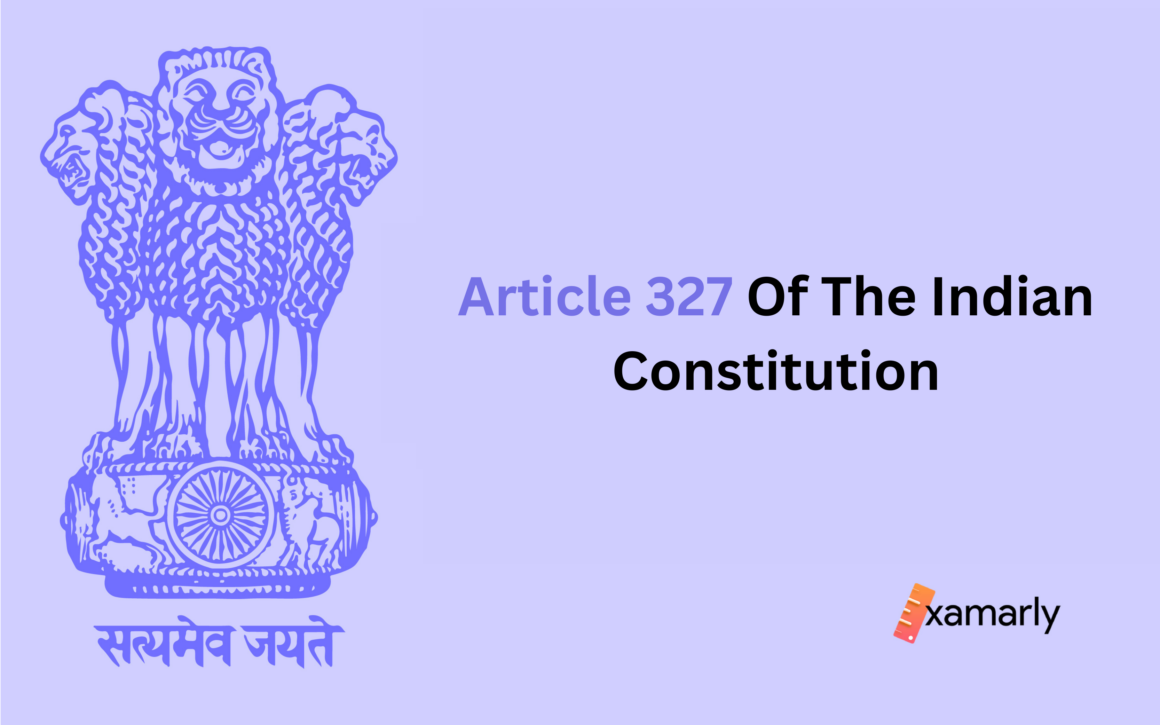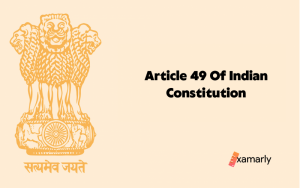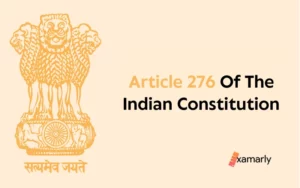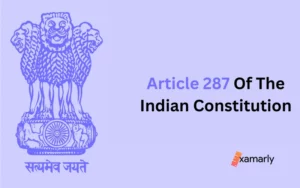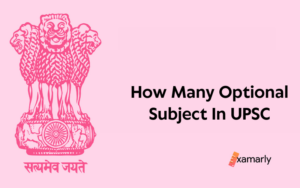Article 327 of the Indian Constitution talks about the power and authority of the Parliament to lay out provisions in the matters of Elections in India.
It talks about how the Parliament can make protocols regarding elections in India, it also specifies those areas of Election matters that have to be supervised by the Parliament.
Let us dig deep into Article 327 of the Indian Constitution and ensure that we have the best understanding of everything that has been said and done.
- Article 327 Of The Indian Constitution – In Detail
- Summing Up
- Some Relevant FAQs
- Which citizens of India are able to cast ballots?
- Can you tell me the procedure for becoming a registered voter in India?
- Are those living abroad in other countries NRIs allowed to cast ballots in India?
- In India, what kinds of identification are needed for the electoral roll?
- Is there a consequence for not casting a ballot?
Article 327 Of The Indian Constitution – In Detail
We will break down the clauses present in it into simpler from just so that we can have an in-depth understanding of the clauses.
The Clause – As it is & Explained
327. Power of Parliament to make provision with respect to elections to Legislatures Subject to the provisions of this constitution, Parliament may from time to time by law made provision with respect to all matters relating to, or in connection with, elections to either House of Parliament or to the House or either House of the Legislature of a State including the preparation of electoral rolls, the delimitation of constituencies and all other matters necessary for securing the due constitution of such House or Houses
This passage is from the Indian Constitution, and it is found in Article 327. It grants Parliament the power to make laws related to elections to the various legislative bodies in India.
This includes elections to both houses of the Indian Parliament, as well as elections to the legislative assemblies of the individual states.
The provision gives Parliament wide-ranging authority to make laws on matters related to elections, including the preparation of electoral rolls (lists of eligible voters), the delimitation of constituencies (the process of dividing an area into electoral districts), and any other matters that are necessary to ensure that the legislative bodies are properly constituted.
It’s important to note that this power is subject to the provisions of the constitution. This means that any laws passed by Parliament in relation to elections must still be in compliance with the other provisions of the constitution, such as those related to individual rights and freedoms.
This article is instrumental in shaping the election commission of India and the process of conducting fair and free elections across the country.
It also provides the election commission with certain autonomy so that it could conduct the elections without any external pressure.
This is an important aspect of any democracy as fair and free elections are core pillars of democracy and this provision of the constitution ensures that both Central and state elections are conducted in fair and free manner.
Related – Article 390 Of The Indian Constitution
Summing Up
Article 327 of the Indian Constitution grants Parliament the power to make laws related to elections to the various legislative bodies in India, including both houses of the Indian Parliament and state legislative assemblies.
This includes the preparation of electoral rolls, the delimitation of constituencies, and any other matters necessary to ensure the proper constitution of these bodies.
This power is subject to the other provisions of the constitution, such as individual rights and freedoms, and helps to ensure that elections are conducted in a fair and free manner, which is a key aspect of democracy.
It also provides autonomy for the Election commission of India to conduct the elections without any external pressure.
Some Relevant FAQs
Which citizens of India are able to cast ballots?
A citizen of India who is 18 or older on the qualifying date (the day on which the voter’s age is ascertained) is entitled to cast a ballot in India’s general elections.
Can you tell me the procedure for becoming a registered voter in India?
It is imperative that you verify your eligibility to vote in India before submitting your voter registration. After that, you need to fill out a voter registration form (Form 6) and hand it into your local Electoral Registration Officer (ERO).
Are those living abroad in other countries NRIs allowed to cast ballots in India?
As long as they meet the normal eligibility standards, NRIs can cast ballots in Indian elections (i.e. they are Indian citizens and are 18 years of age or older on the qualifying date). Non-Resident Aliens are required to provide a current passport at the polls. To register as absentee voters from outside the United States, they need to fill out Form 6A.
In India, citizens are allowed to cast ballots regardless of whether or not they have a criminal record.
In India, having a felony conviction does not automatically exclude a person from voting. A person serving a sentence for a felony may not cast a ballot until their sentence has been completed.
In India, what kinds of identification are needed for the electoral roll?
You’ll need identification showing that you’re at least 18 years old, a citizen, and a resident of India in order to register to vote. A copy of your birth certificate, passport, PAN card, driver’s licence, or voter ID, plus a copy of a utility bill or other document proving your current address, should suffice.
Is there a consequence for not casting a ballot?
Voting is not mandatory in India, therefore citizens are not punished if they choose not to participate. A voter’s name can be deleted off the electoral roll if they are either not registered to vote or if they do not cast a ballot in an election.
It’s recommended that you contact your local Election Compliance Inspector (ECI) or Election Registration Official (ERO) to get the most up-to-date information on voting and voter registration procedures.


